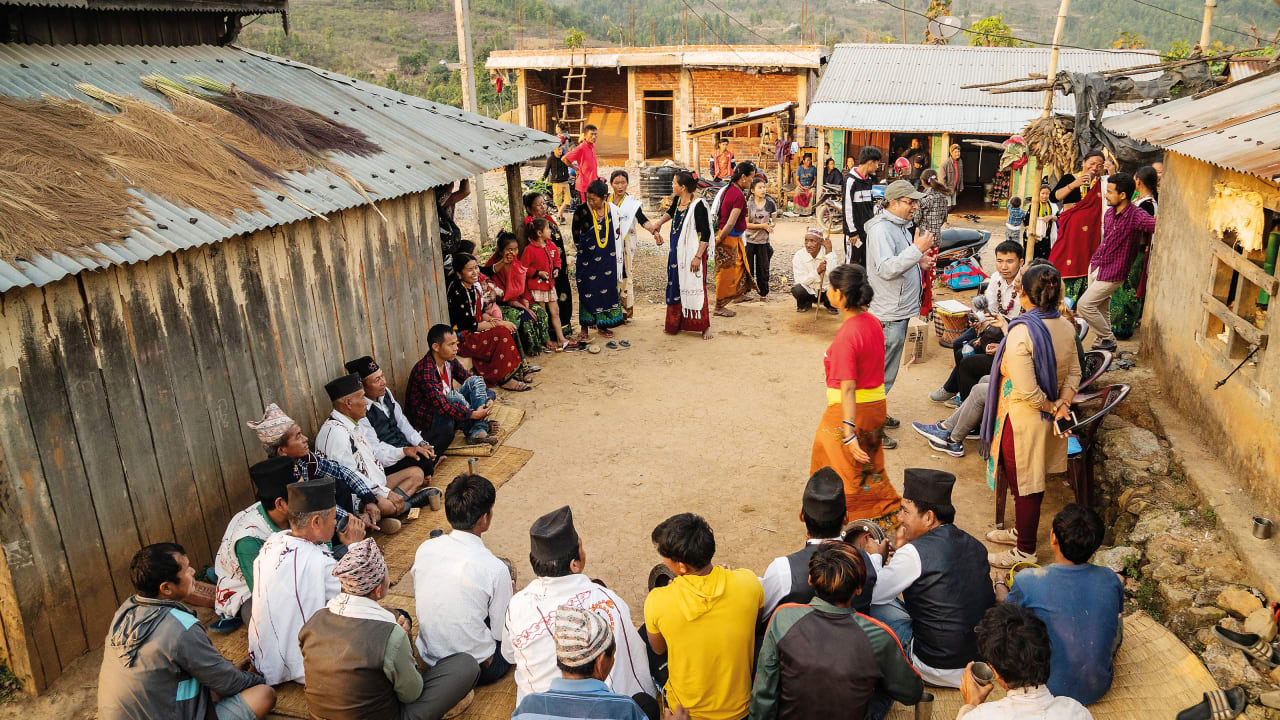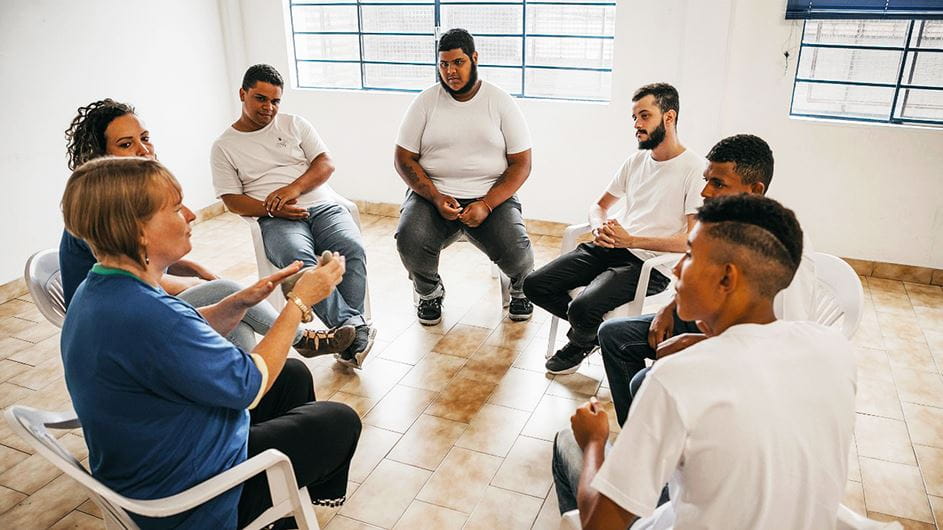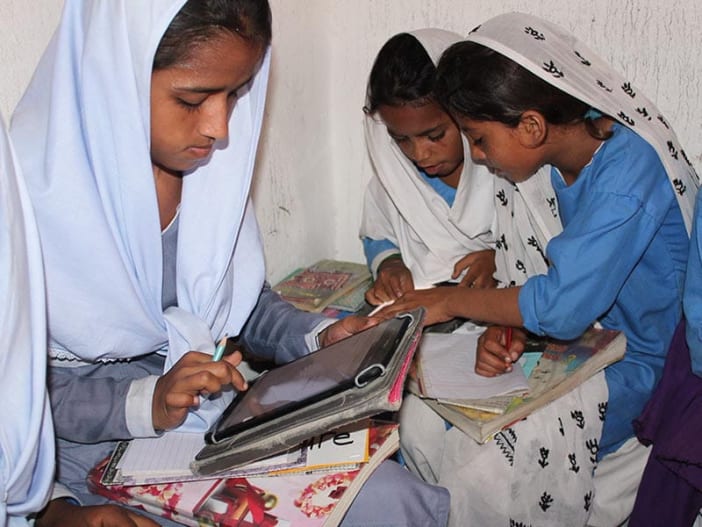Theatre – including drama, mime, song and dance – can be a powerful way to tell stories, share information and encourage discussion. The impact is often particularly significant when people do not just watch a story unfold, but take part in it themselves.
Theatre is able to:
- cross language and cultural barriers
- appeal to our emotions and passions, and highlight our prejudices
- challenge us to face up to aspects of our lives that we try to ignore.
Sensitive issues
Many sensitive issues, which may be too delicate or dangerous to discuss openly, can be explored through the use of theatre. Playing the role of a different character allows people to say things that would not be possible in their own voices. Humour can sometimes help to tackle difficult or sensitive issues in ways that do not cause offence.
In Laos, for example, young people are using drama to share messages about human trafficking, drugs and HIV. In the process they have gained the respect of their elders, and the youth group now has a seat at the village planning meetings. This is a breakthrough in a culture where age and social hierarchy are highly valued.
Advocacy
Theatre can be used to draw people’s attention to community issues that they may be able to help with. A few years ago in Mali, village actors put on a play showing a family talking to the chief and telling him about their desperate need for a new water source. As a result, the actual chief agreed to let the community work with a local NGO to address their need.
Therapy
Theatre can be used as therapy to help people overcome mental health problems such as trauma. In Haiti, earthquake survivors were invited to take part in role play (acting out the part of a character in a spontaneous, unscripted way) to help them process the trauma they had experienced. Writing and performing songs can also help people to express their feelings. This use of theatre usually requires special training and understanding.
Audience participation
A play can provide several alternative endings, rather than just one. This encourages people to think through the alternatives and consider how they, personally, would respond.
To help the audience engage with an issue they can be asked questions during or after a drama such as ‘What would you like to happen next?’, or ‘Why do you think the character responded in that way?’ They can also be invited to join in the performance as extra members of the cast.










